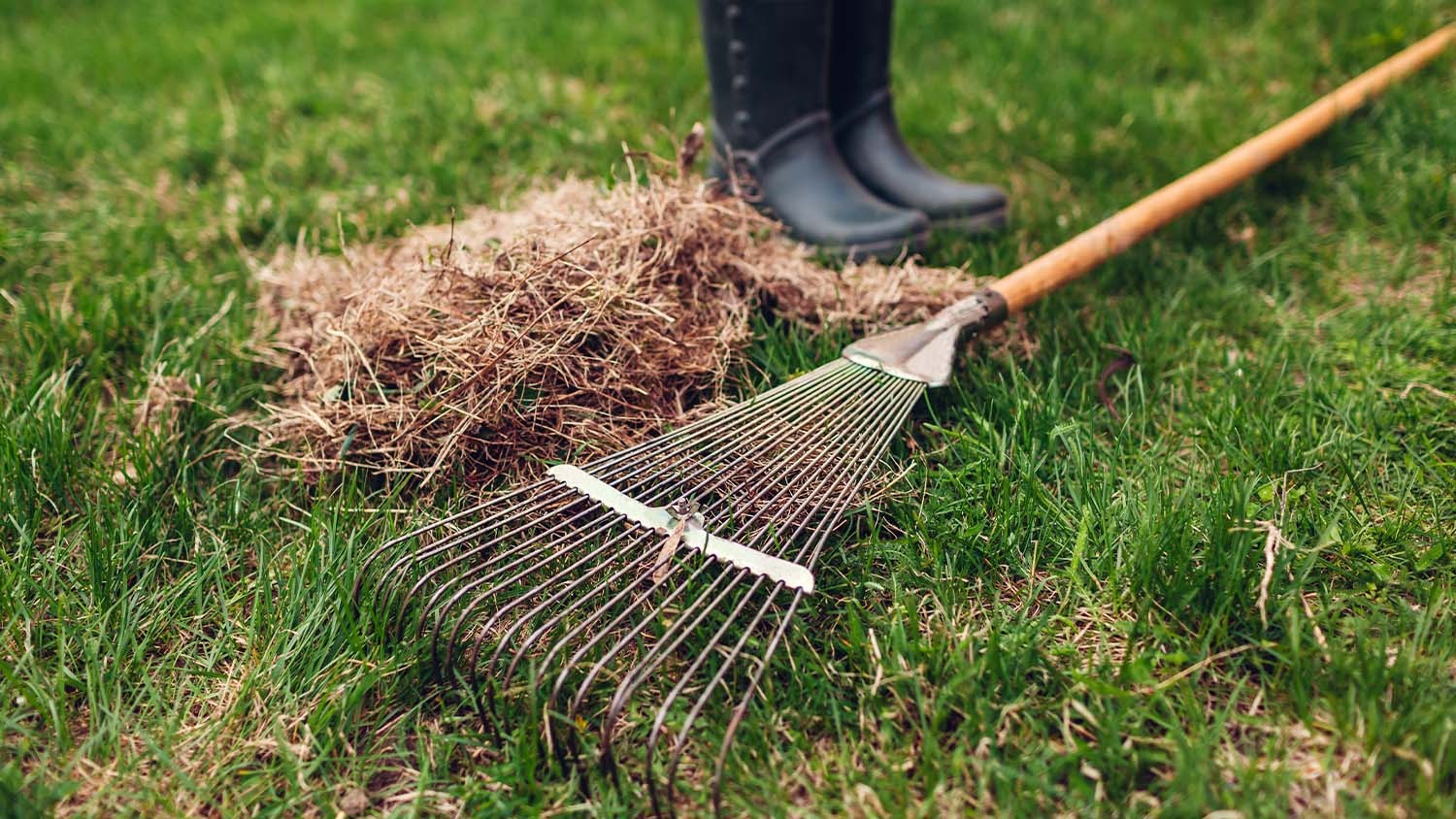MEMPHIS, Tenn. — Contact tracing, tracking down those who either have COVID-19 or who have been exposed, is an important part of stopping the spread of the virus.
There’s no doubt they’re doing crucial work. A lot of times, contact tracers are the bearers of bad news—news that really could be a matter of life or death.
“Contact tracing to me is one of the number one tools where we can slow the spread,” said Lloyd Kimble, lead investigator for the Shelby County Health Department.
Kimble has spent 14 years working in contact tracing.
“So everybody we call, they’ve either had proven, confirmed contact because they’re a case, or they’ve been named as somebody who has had contact,” Kimble said.
As the Mid-South starts to reopen, it’s important to isolate cases so we don’t have to broadly shut down again. So being honest and open is critical.
“When people don’t admit that they’ve been exposed or that they work at a certain place, that potential danger goes unchecked,” Kimble said. “There’s no way to stop it.”
Overall, there’s been more than 3,000 cases of coronavirus Kimble’s department has dealt with. To say they’re busy is an understatement.
“When I give training to the city of Memphis employees, I usually tell them, ‘It may feel like you’re on a treadmill, like it just never stops,'” Kimble said.
Experts saying thousands more contact tracers are needed across the country.
Kimble said since the pandemic, the department’s numbers have increased.
People working with the city of Memphis have now moved to his team to help. They have a team of about 60 people, who work in four shifts.
“So on any given week, we have about 14 to 15 investigators, working seven days a week to try and find out whose been infected,” Kimble said.
But as we look to the future, with more than 1,200 active cases, will that be enough?
“We have enough at this point, but our dilemma, and we’re working on this, is once the city of Memphis employees go back to their normal jobs, that could potentially affect how we can do our job,” Kimble said. “There are plans in the works to stand up a more permanent contact tracing team.”
Shelby County received a $50 million federal grant, so some money will could to contact tracing.
Kimble also said they have problems sometimes with people not answering their phones. He said if you see a (901) number starting with 222, they do ask you to answer because time is of the essence.

















